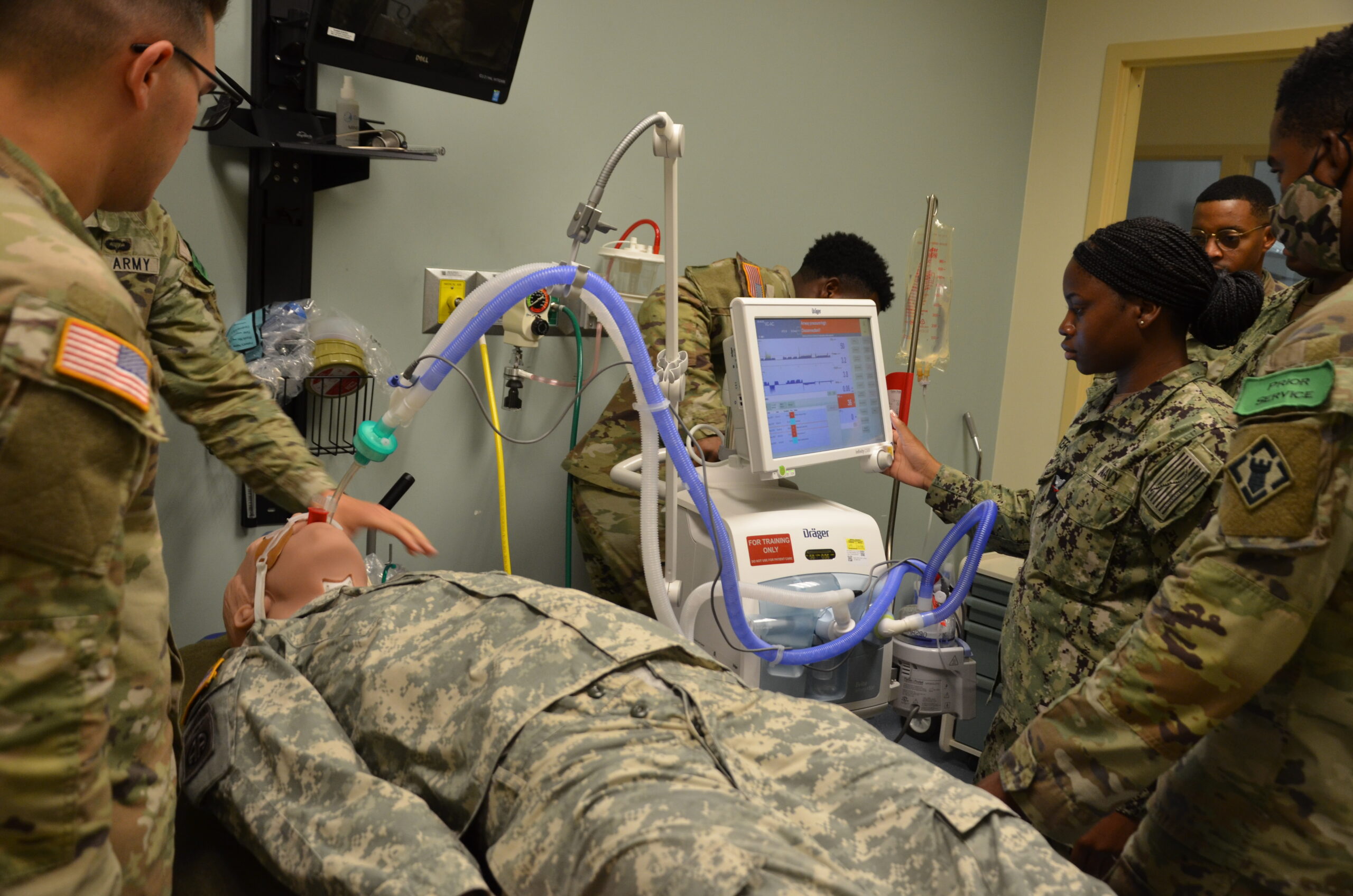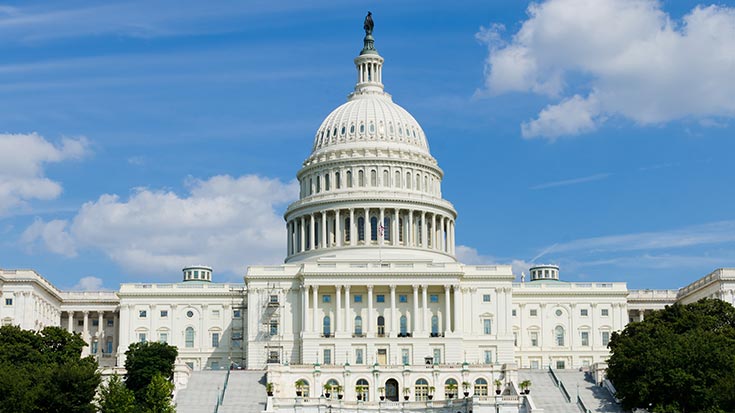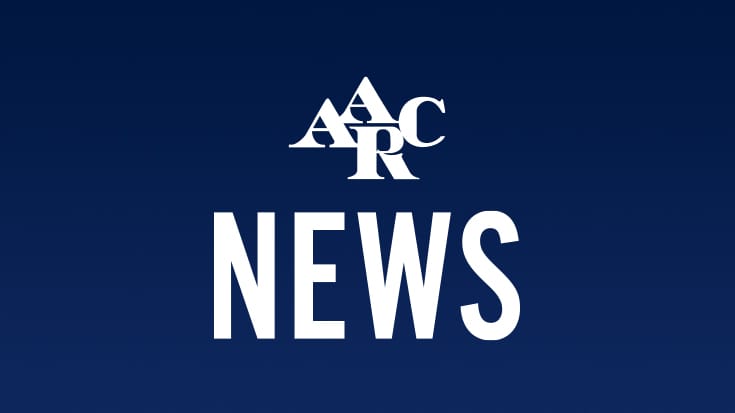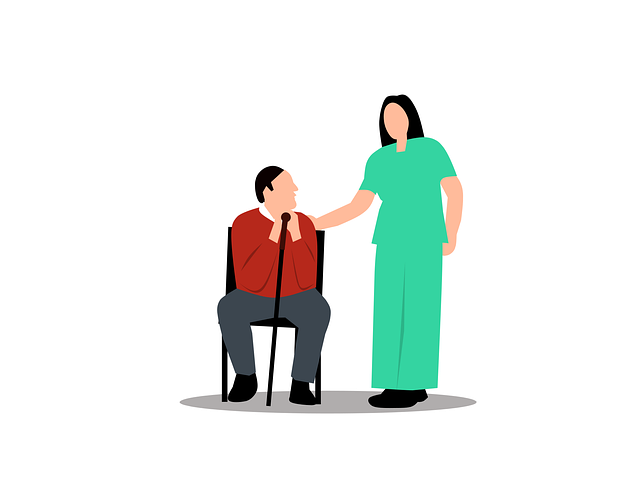
Keeping up with Congress is no easy task these days. That won’t stop us though from gearing up for AARC’s 2022 advocacy campaign, kicked off April 25 and runs through May 4, to send messages to the Hill. This is the prelude to our Political Action Contact Team (PACT) volunteers meeting virtually with members of Congress and their staff through May 25 to talk about improving access to pulmonary rehabilitation services and the expertise of respiratory therapists (RT).
We have two important asks of Congress.
Cosponsor Important Legislation
- We want Congress to cosponsor the Improving Access to Quality Cardiac Rehabilitation Act (H.R. 1956/S. 1986). This bill moves up the effective date from January 1, 2024, to January 1, 2022, that physician assistants, nurse practitioners, and clinical nurse specialists can begin to provide direct supervision of cardiac (CR) and pulmonary rehabilitation (PR) programs in addition to administering the programs, preparing and signing treatment plans, and prescribing exercise. Currently, only physicians can provide these services.
- Having additional practitioners eligible to provide PR services at an earlier date can expand patient access to these vital programs that have demonstrated improved quality of life and a lower risk of death and to expanding access to the expertise of respiratory therapists who pay a critical role as part of the multi-disciplinary team in providing education, patient assessment, and ensuring patient adherence.
Make Permanent Temporary Waivers that Allow Virtual CR/PR Services
- We are asking Congress to make permanent the temporary waivers under the public health emergency (PHE) that allow RTs to provide hospital outpatient PR services virtually in a patient’s home under the Hospital Without Walls program and allow them to deliver virtual services under Medicare’s “incident to” benefit in the physician office.
- Without additional authority from Congress, there is no flexibility to permit permanent continuation of these virtual services by RTs that have demonstrated benefits of improved patient adherence, earlier intervention, and removal of access barriers for patients, such as distance and transportation, especially in rural and underserved areas after the end of the PHE.
Our advocacy webpage on the AARC website, the TAKE ACTION link for messages, Frequently Asked Questions (FAQs), and our social media toolkit are in the final stages of preparation. We are using a multiple-choice platform like we did last year that allows members to personalize their messages. You will receive a reminder email when the BLAST begins on April 25. Get ready to send your messages between April 25 and May 4 to show support for our patients and RTs.
Email newsroom@aarc.org with questions or comments, we’d love to hear from you.















